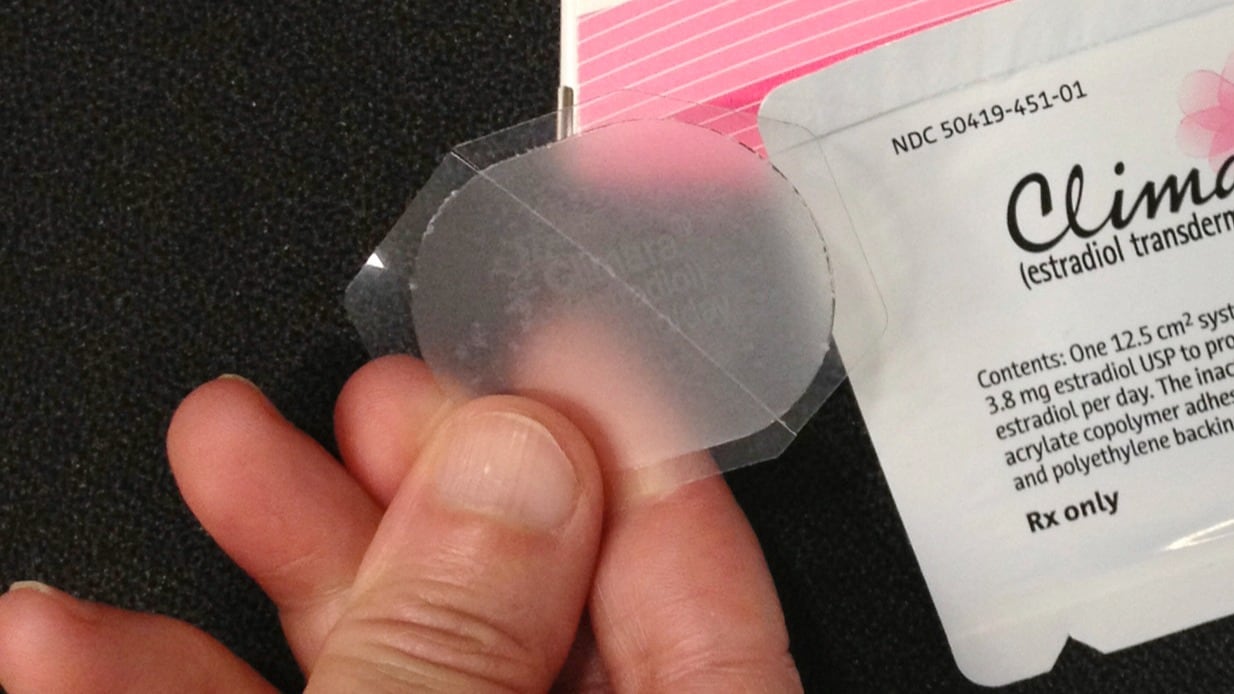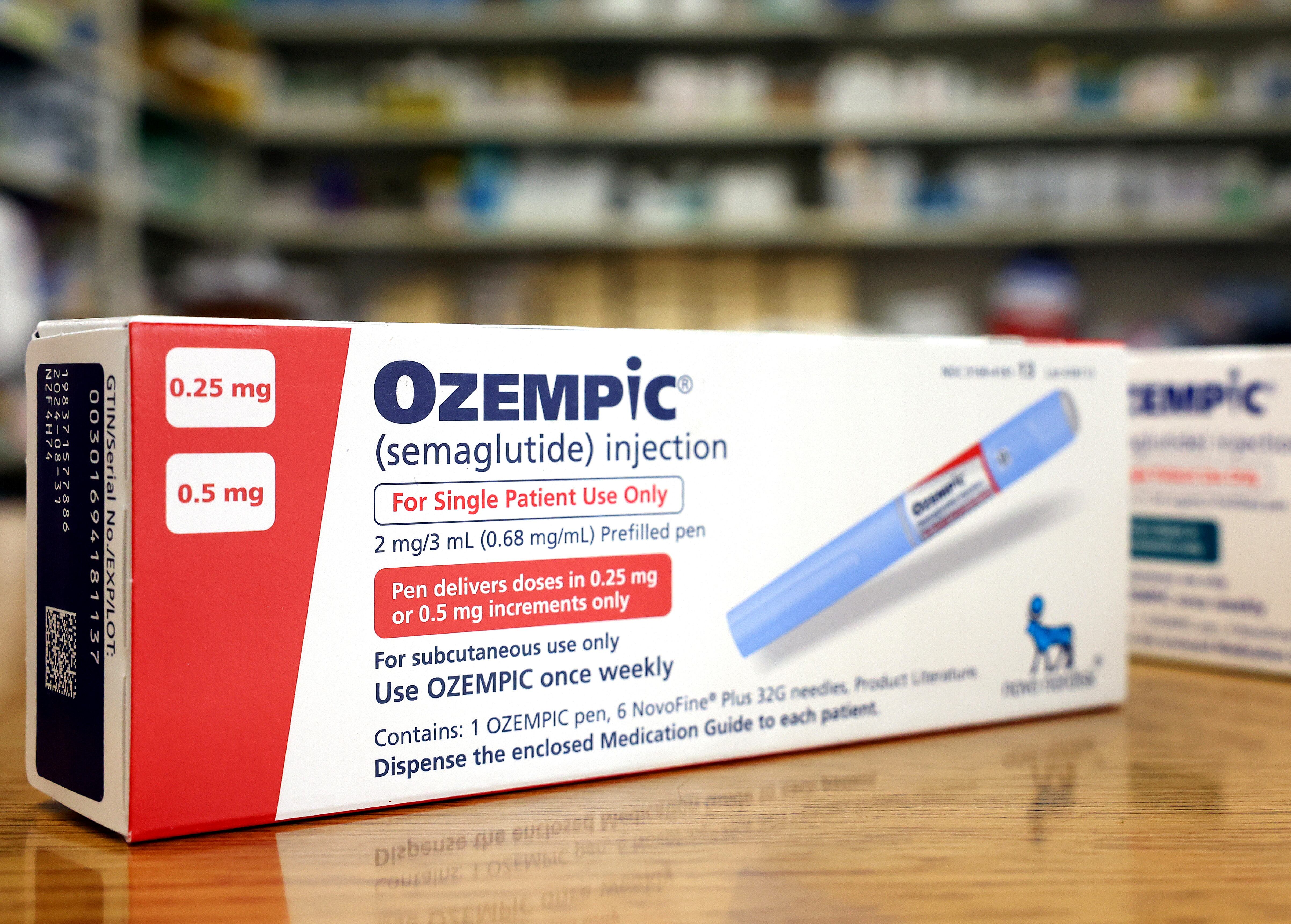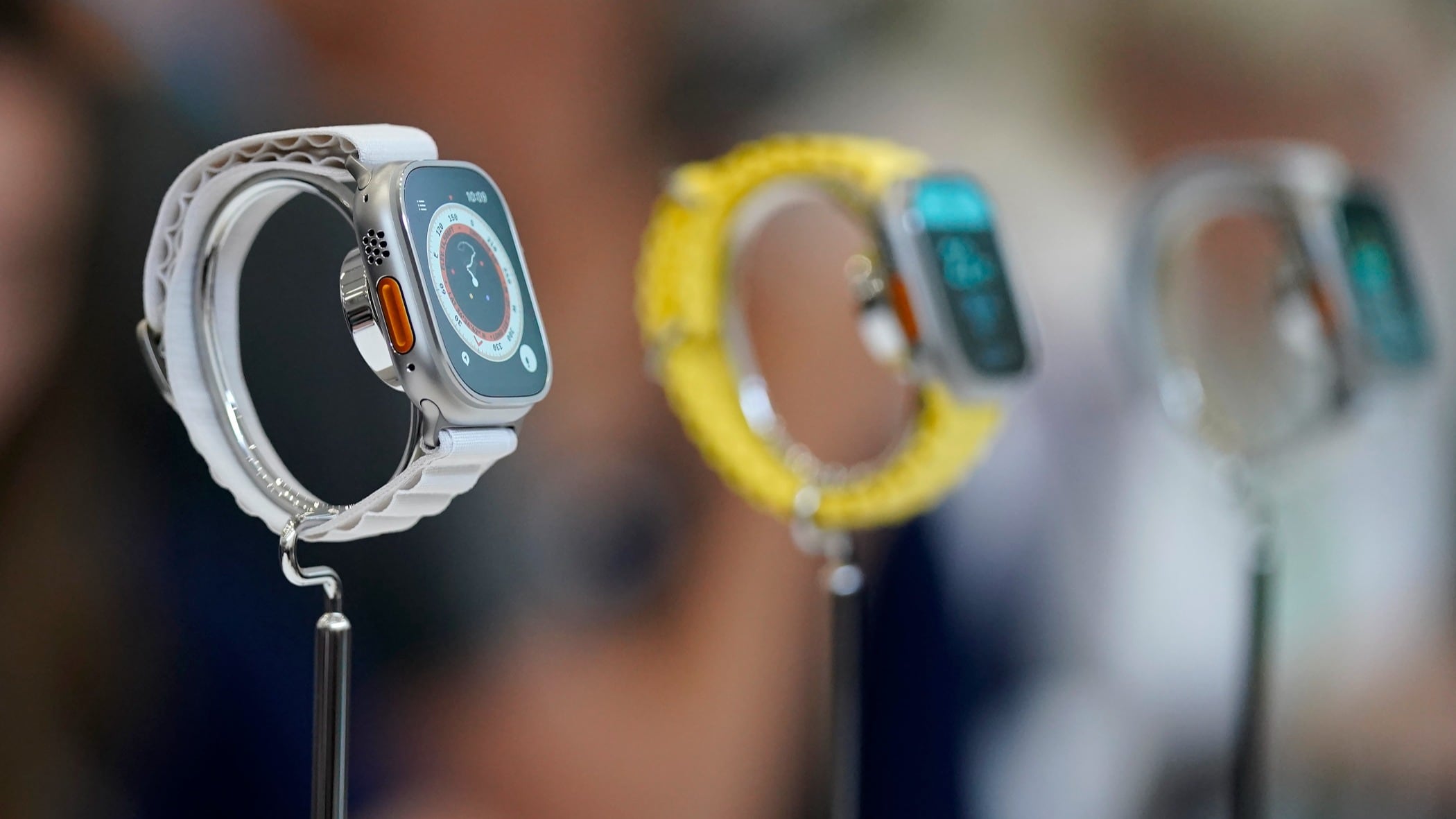By Lauran Neergaard
Women often use hormone therapy to relieve hot flashes and other menopause symptoms — and new research suggests patches or creams may be safer for their blood pressure than pills.
As women's bodies produce lower levels of reproductive hormones during menopause their risk for heart disease rises. High blood pressure further increases that risk — but it's not clear whether there's a link with hormone therapy for menopause symptoms.
Canadian researchers wondered if the way hormones are absorbed — orally, vaginally or through the skin -- could play a role.
The University of Calgary team examined health records of more than 112,000 women ages 45 and older who filled prescriptions for at least six months’ worth of estrogen-only hormone treatment between 2008 and 2019. They tracked which women went on to develop high blood pressure at least a year after starting treatment.
While the differences weren't huge, women who took estrogen pills had a 14% higher risk of developing hypertension compared to those using skin patches or creams, the researchers reported Monday. Oral estrogen carried a 19% greater risk than vaginal versions.
The findings were published in the journal Hypertension.
Hormone therapy has a mix of risks and benefits that mean it’s not for everyone. Today it’s prescribed not to prevent disease but to relieve menopause-related symptoms — generally using the lowest possible dose for the shortest time. Most commonly used are combination pills of estrogen and another hormone, progestin. (Estrogen-only pills typically are prescribed to women without a uterus.)
Different versions of hormone therapy may work better for different menopause symptoms, something the study didn't address.
But it adds important clues to understanding the complex relationship between hormone therapy and blood pressure, said Dr. Garima Sharma, a women’s heart specialist with Virginia’s Inova Health System and the American Heart Association.
Sharma would like to see a more rigorous trial that compares different hormone versions. But she pointed to a possible biological explanation: Maybe oral estrogen affects enzymes linked to blood pressure as it's being processed, while skin and vaginal versions have much more limited activity in the body.
Still, “these findings are very clinically relevant,” Sharma said in an an email, and suggest it's especially important to monitor blood pressure in women who use oral hormone therapy.
The Associated Press Health and Science Department receives support from the Howard Hughes Medical Institute’s Science and Educational Media Group. The AP is solely responsible for all content.













